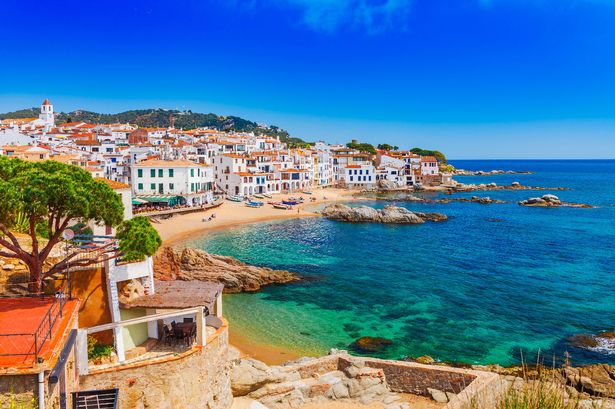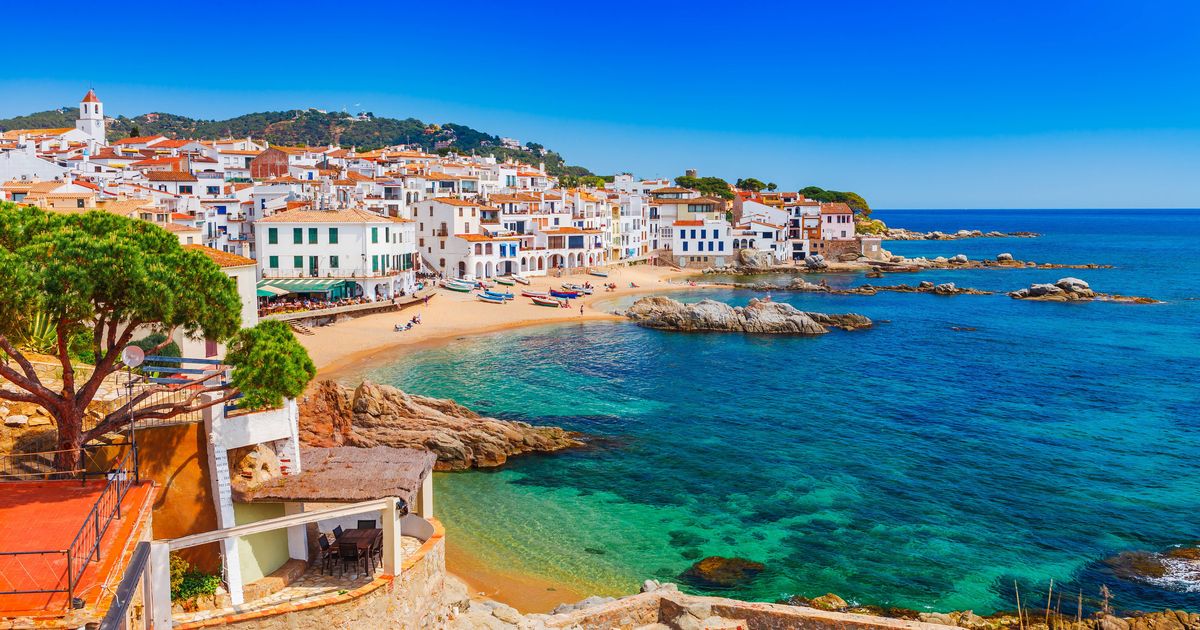Many UK holidaymakers are expected to fly to Spain over the coming weeks Millions of people from the UK travel to Spain each year(Image: Oleg_P via Getty Images)
Millions of people from the UK travel to Spain each year(Image: Oleg_P via Getty Images)
This summer is expected to be one of the busiest on record for international travel, with millions of families set to jet off abroad during the school holidays. Spain has long been a firm favourite for UK holidaymakers, with people keen to bask in the sunshine, paddle in its crystal waters, and sample some delicious Spanish cuisine.
When travelling abroad, though, it’s important to be aware of all the regulations and any entry requirements you must meet. This is especially crucial after certain updates have come in because of Brexit.
Spain adheres to Schengen regulations and this now means UK passport holders must ensure their document carries a “date of issue” no more than 10 years before their arrival date. Additionally, it must display an “expiry date” of at least three months beyond when you intend to depart the Schengen zone.
READ MORE: Full list of countries with new 20 euro entry fee for UK touristsREAD MORE: Spain beaches closed to tourists due to ‘contamination’
Foreign Office guidance states: “Check with your travel provider that your passport and other travel documents meet requirements. Renew your passport if you need to. You will be denied entry if you do not have a valid travel document or try to use a passport that has been reported lost or stolen.”
Visitors can enter the Schengen zone, including Spain and some 28 other countries, without requiring a visa for a maximum of 90 days within any 180-day timeframe, provided they’re travelling for tourism, family visits, business meetings, cultural or sporting occasions, or brief educational courses or training. Separate rules apply for those who want to work in Spain.
Upon arrival in Spain, you may be required to present a return or onward ticket, proof of sufficient funds for your stay, travel insurance documentation, hotel booking confirmation or proof of address if you’re staying at your own property, or an invitation or proof of address if you’re lodging with a third party, such as family or friends.
Travellers from the UK should also be aware that bringing meat, milk or products containing them into Spain is banned, although there are exceptions like powdered baby milk, baby food, and special foods or pet feed needed for medical reasons. And if you’re carrying cash or travellers cheques amounting to 10,000 euros or more, you’ll need to inform the authorities.
After doing so, you’ll receive a certified declaration indicating that the money was brought with you. Without this document, your money could be seized upon departure.
